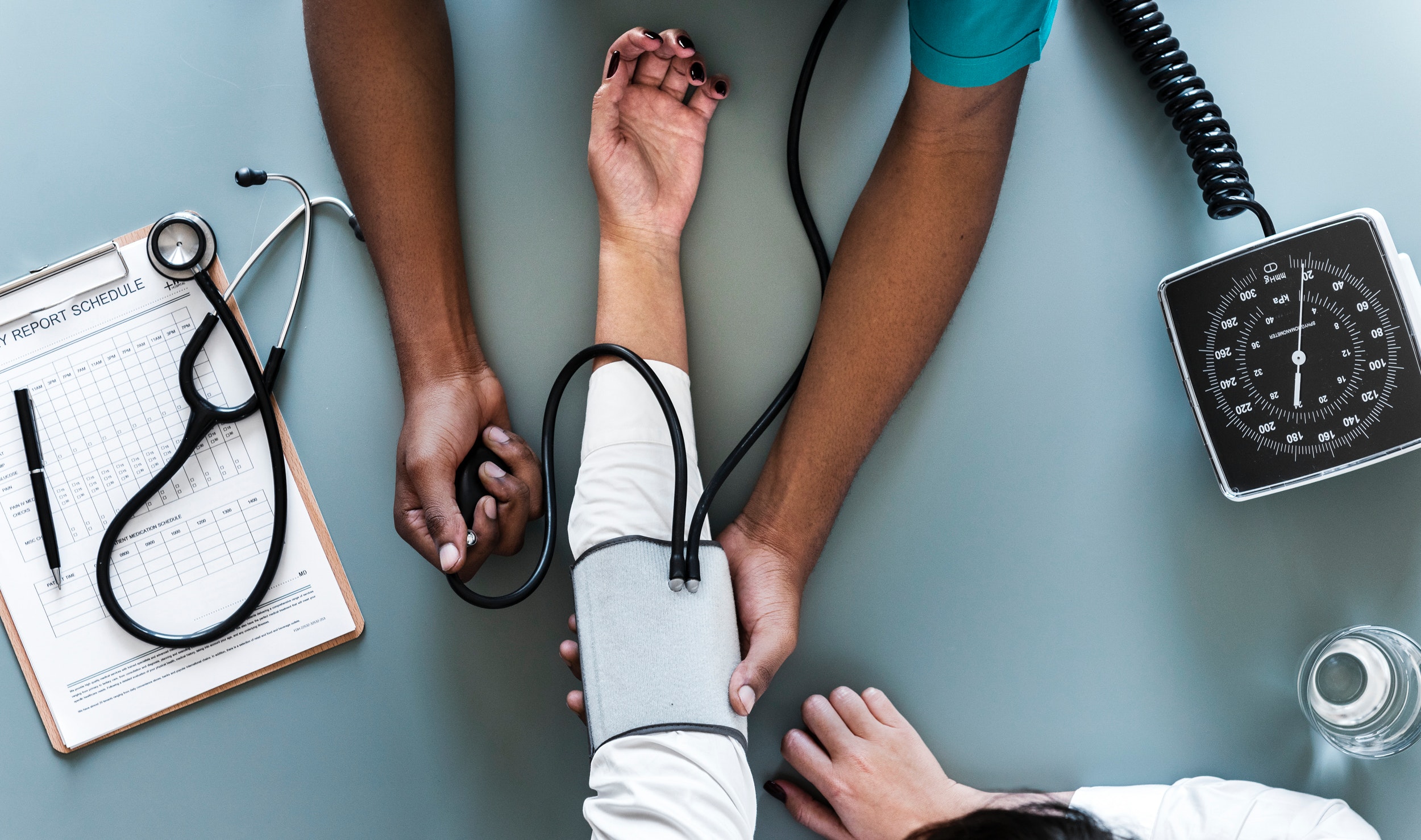Blood pressure is affected by how much blood is being pumped by the heart and how much resistance affects blood flow through the arteries. When the arteries are narrowed, pressure in the blood increases.
Blood pressure above 120/80 mmHg and below 130/80 mmHg are categorized under ‘elevated blood pressure’ and individuals with it are at risk of having high blood pressure; It is normal when lower than 120/80 mmHg but high when more than 130/80 mmHg.
High blood pressure usually has no symptoms; the reason it is called ‘silent killer’. It is also a major risk factor for stroke and heart diseases.
Thankfully, there are various ways to effectively reduce elevated pressure of the blood.
- Reduce intake of sugars
Research has shown that cutting down on sugar and refined carbohydrates can assist in actively lowering blood pressure. Reducing sugar intake will also help in weight loss if one is obese.
READ ALSO:
Health tips: Managing a heart attack
- Cut down on processed foods
When we consume processed foods, extra salt is added into the body which in turn causes an increase in blood pressure. Salt-rich foods items include chips, pizza, canned soup etc.
- Quit smoking
Generally, smoking has hazardous effects on our overall well being. Smoking will result in an instant but temporary increase in pressure of the blood and heart rate.
- Eat dark chocolate
Studies show that dark chocolate contains flavonoids and cocoa solids that assist in widening narrowed blood vessels thereby lowering the risk of heart diseases by reducing inflammation and pressure of the blood.
- Get good sleep
Sleep deprivation has been shown to increase risk of high pressure of the blood. When we sleep, our body actively works in reducing blood pressure. It is therefore advised to find time to get good and restful sleep.
- Reduce alcohol intake
Alcohol raises the pressure of blood by 1mmHg for every 10 gram of it that we consume. It is important to reduce our intake and drink in moderation.

